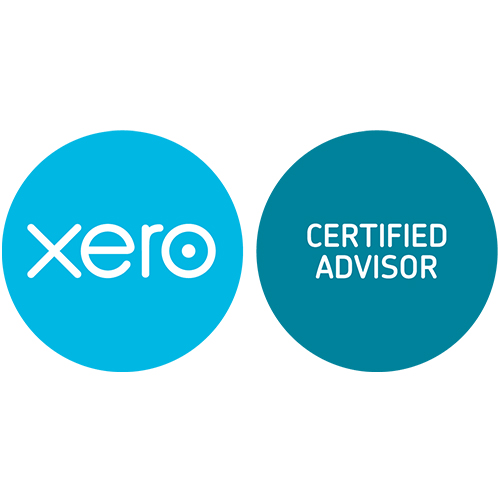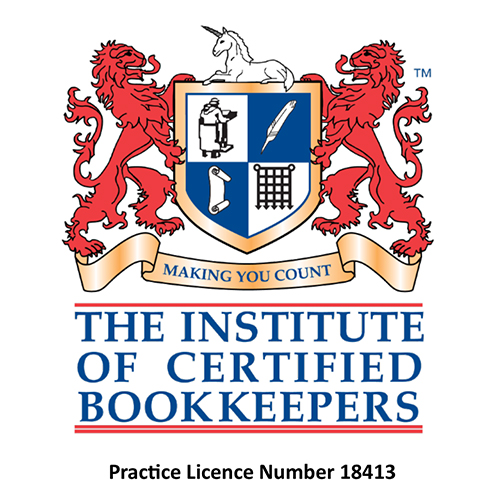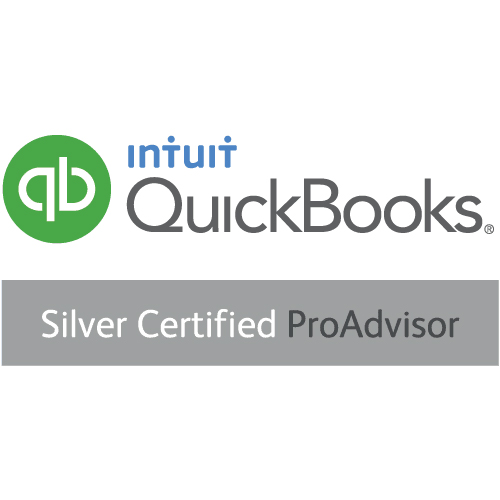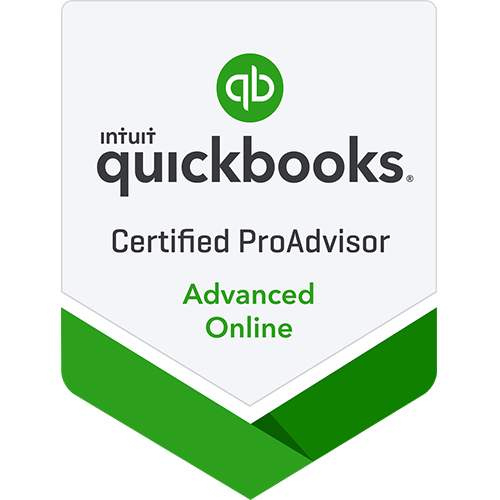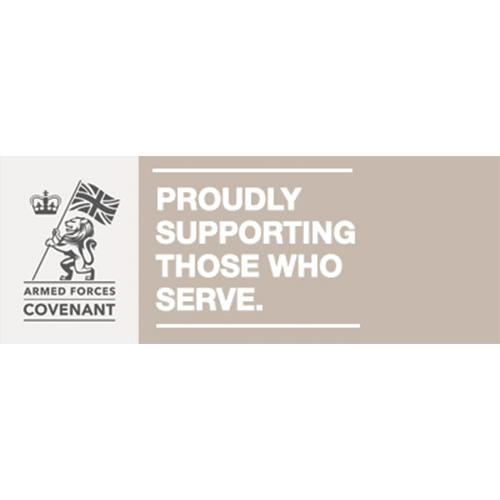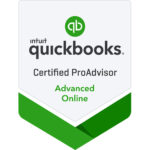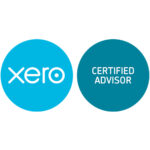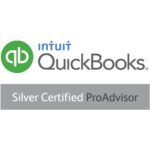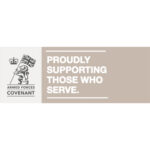When it comes to running a business, one of the most important aspects to consider is how people will be paying you for your products/services. The good news is, there are lots of payment options out there for small businesses so it doesn’t have to be difficult. In this blog we’re going to take you through some of the options available and give you some pointers when it comes to choosing the right system for you.
As you go through the options, we suggest making a list of what’s important to your business. How are your customers likely to buy from you? What would make your life easier when it comes to accepting payments?
Cash
Probably the least common way of accepting payments these days (especially post Covid-19) but still a viable means to collect money. Cash payments will be much more relevant for some businesses than others, for example cafes & shops will take cash every day (usually).
Don’t forget that all cash payments still need to be recorded as income for your business.
Positives
- Free to accept – although some banks may charge you to pay the cash in
- Instant payment
Downsides
- You might have to take a trip to the bank
- Will usually need recording manually depending on how you pay the money in
Bank Transfer/BACS payments
Once you have a business bank account set up, you can ask people to make payments directly into your bank account. Depending on the type of account you have, you may have to pay per transaction but most accounts include transfers/digital payments in their monthly fee (or they don’t charge you at all – yay!).
Positives
- Low cost/free (usually)
- You receive the money almost instantly
Downsides
- Your customers/clients need to manually make the payments themselves each time they want to pay you
- You have no control over when the payments are made
Payment Processing Systems
You’ve probably heard of companies like PayPal, WorldPay and Stripe. Companies like these offer a payment processing system whereby they collect payment from one person (the customer) and send the money to another person (the business owner).
Pretty much every time you purchase something, you use a third-party payment system to pay for your goods, whether you’re buying online or using a card machine in store.
Using a payment system means people can pay using various methods including debit/credit cards, which isn’t possible when paying by bank transfer. Lots of them also integrate with things like your website and accounting software.
All third-party payment processing systems have fees associated with their service and these fees range from what we’d consider reasonable to expensive.
Some providers also offer additional features such as being able to collect money on a recurring basis, allowing your customers to set up a direct debit and more.
Positives
- More flexible options for your customers/clients including direct debits, credit card payments and more
- Automation + they can integrate with your website & other systems
- The ability to process recurring payments
- Card machines available with some providers
Downsides
- You’ll have to pay a fee for each transaction (usually)
- There is usually a delay in you receiving the payments from the provider
- They don’t all integrate with accounting software
- Some providers have minimum contracts and tie-in periods
Buy Now, Pay Later Providers
These have become much more common in the last few years and allow customers to make online purchases and spread the payments. The companies we see popping up frequently include the likes of Klarna and Clearpay.
The ones we’ve looked into all provide the seller with the money up front and handle the collection of instalments over various timescales.
Positives
- Can increase your conversion rate & average order value
- Allows customers to spread the cost
- Minimal fees for the retailer (if any)
- Integrates with most online sales platforms
Downsides
- You usually have to wait a few days to receive the payments
- Can be complicated to set up/integrate
- You could be encouraging your customers to get into debt
How to decide which payment options to use
There are a number of things to take into consideration when choosing which payment options to use in your small business. We’ve compiled a list below which should help guide you through making your decision:
- Do you need to be able to integrate payments with other systems? e.g. your website, inventory, till system, accounting software
- What fees would you be liable to pay? e.g. a monthly fee, a charge per transaction. We suggest working out a few examples of how the charges will impact the money you receive. For example, a rate of 2% + 20p will result in a 50p fee on a £15 transaction.
- How easy is it for your customers/clients to use?
- Will your customers/clients trust their payment is safe?
If you’re considering a third-party payment system, there are a few other things to think about too:
- If you want to take payments on your website, does it work with your chosen CMS system e.g. WordPress, Wix, SquareSpace
- Do they have positive reviews on platforms like Google & Trustpilot?
- Do their values align with your own and that of your brand? e.g. if you’re interested in sustainability, do they support that ethos too.
- Do your research. With so many providers out there, you need to think about what’s important to your business and make sure you choose a company that will meet your requirements.
Lots of businesses have more than one payment option, so don’t feel like you have to just have one. The more the merrier – although too many can be confusing for your customers so try not to overload them with options.
Our customers have a choice of paying for our services in one go or setting up a monthly direct debit to spread the cost of our services throughout the year.
If you’re still struggling to decide what’s best for your business, we’d be happy to talk you through the options, just get in touch.






